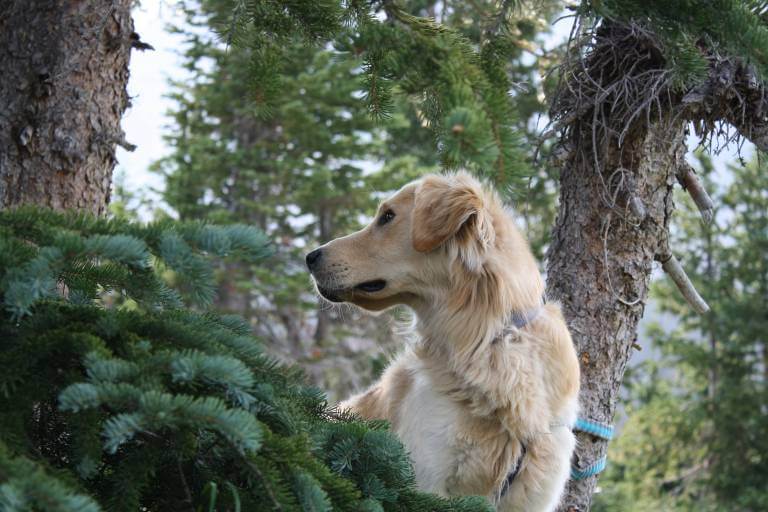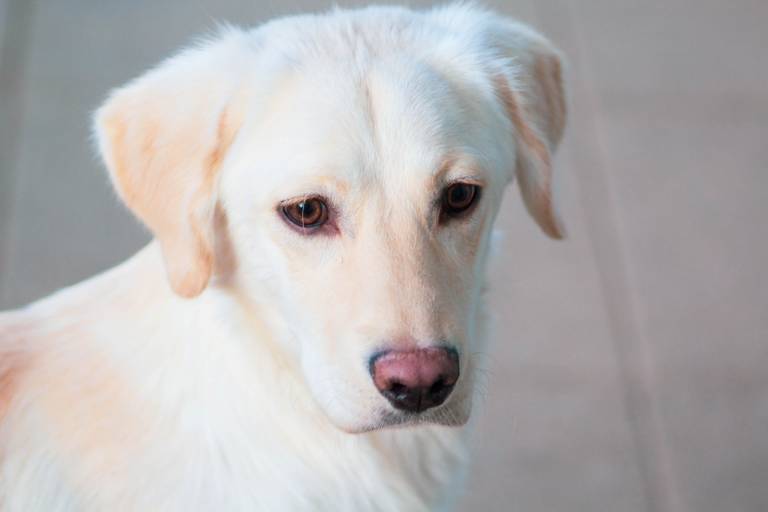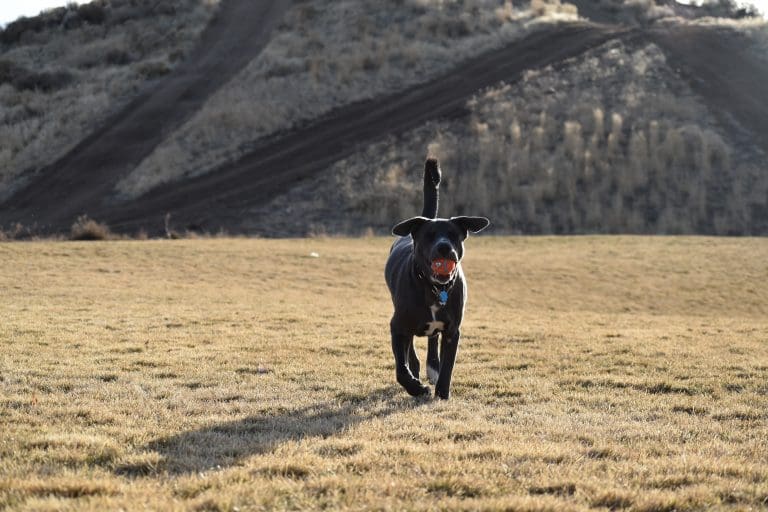What Does The Dog, Argus, Represent In This Excerpt?
Post Date:
December 10, 2024
(Date Last Modified: December 10, 2024)
In literature, animals frequently symbolize deeper meanings and themes. Argus, the dog from Homer’s “The Odyssey,” poignantly represents loyalty, patience, and the passage of time. This character transcends the role of a mere pet, embodying profound emotions and lessons that resonate across generations. Examining Argus’s role reveals his significance and how his presence enriches the narrative.
Loyalty and Abandonment
Argus is the faithful companion of Odysseus, who, after years of war, returns to find his loyal dog aged and neglected, lying on a pile of dung. This powerful image reflects not only the loyalty of a dog but also the heartbreaking realities of time and abandonment. Argus’s condition serves as a stark reminder of the toll that time takes on relationships, illustrating the essence of faithfulness even amid dire circumstances.
The Bond Beyond Time
The moment Argus recognizes Odysseus speaks volumes. Despite his deteriorated state, Argus’s initial reaction is one of recognition, symbolizing a bond that transcends time and physical presence. This connection goes beyond mere loyalty; it encapsulates the enduring nature of love, remaining steadfast even when separated by great distances or long periods.
The Reality of Aging and Neglect
Argus also embodies the consequences of neglect and the harsh realities of aging. Once a proud hunting dog, he has become a shadow of his former self, mirroring the changes in Odysseus’s life during his absence. While Odysseus faced numerous trials, Argus remained in the same spot, waiting for a master who had little control over his fate. This contrast highlights themes of loyalty and the emotional toll of war and separation.
A Profound Emotional Response
When Odysseus finally sees Argus, the emotional weight of the moment is palpable. Argus, sensing his master’s presence, musters the strength to rise but ultimately collapses, dying content in the knowledge of Odysseus’s return. This poignant scene underscores the deep emotional ties between humans and dogs, serving as a bittersweet reminder of the sacrifices made during long absences and the unwavering love that persists.
A Critique of Human Nature
Argus’s loyalty stands in stark contrast to the disarray in Odysseus’s household during his absence, where suitors exploit the absence of their rightful leader. Argus’s unwavering faithfulness elevates him as a moral compass, reminding readers of the values often overlooked in daily life. His loyalty critiques human behavior, highlighting fidelity in a world rife with betrayal.
The Pain of Unrequited Love
Argus represents not only loyalty but also the pain of unrequited love. His wait for Odysseus symbolizes the emotional void that can arise from the absence of loved ones. This waiting embodies the vulnerability inherent in love and attachment, with Argus remaining hopeful despite uncertainty. His death soon after reuniting with Odysseus illustrates life’s fragility and the inevitability of loss.
Cherishing Loyalty
Beyond loyalty, Argus serves as a reminder to recognize and appreciate those who remain steadfast in our lives. In a world that often prioritizes ambition, Argus’s dedication prompts reflection on our relationships, urging attention and care for those who stand by us, even in absence.
The Passage of Time
Argus’s physical decline mirrors the inevitable changes that life brings. Just as he ages and suffers, humans confront the realities of growing older. This parallel invites introspection about how we treat those who age, whether loved ones or pets, emphasizing the importance of cherishing moments with loyal companions.
The Emotional Toll of Conflict
In a broader context, Argus embodies the struggles of those left behind during conflict. His presence in “The Odyssey” serves as a poignant reminder of the emotional toll that war and separation inflict on relationships. The loyalty of dogs often reflects their owners’ traits, illustrating bonds forged through shared experiences. Argus’s fate highlights the broader consequences of neglect in personal relationships and society.
Inspiring Mindfulness
The story of Argus inspires mindfulness regarding pet ownership responsibilities. The loyalty and love dogs offer should never be taken for granted. Recognizing their sacrifices fosters deeper relationships with our pets, ensuring they feel valued and loved, just as Argus did during his years of waiting.
A Legacy of Connection
Ultimately, Argus symbolizes loyalty, love, and the passage of time. His story resonates with anyone who has experienced separation from loved ones, whether human or animal. In a world filled with distractions, Argus emphasizes the importance of connection, the pain of longing, and the beauty of reunion. His narrative encourages appreciation for the bonds we share and recognition of the silent sacrifices made by those who wait for our return.
Fostering Empathy
The legacy of Argus transcends the pages of “The Odyssey,” inviting empathy and reflection on the loyalty of dogs and the deep emotional ties that connect us. Understanding what Argus represents fosters greater appreciation for our loyal companions, urging us to be deserving of their unwavering love.






